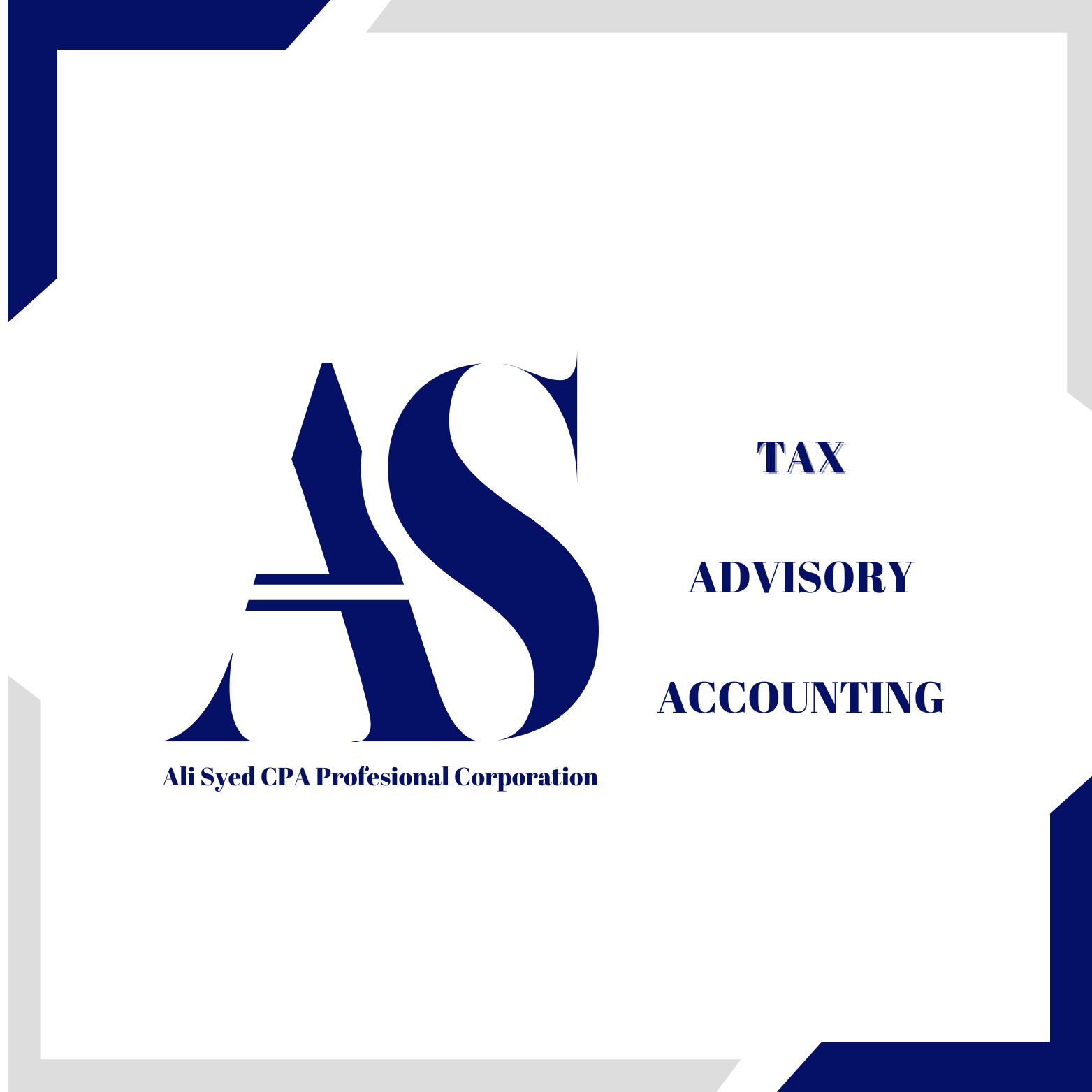Running your own business in Mississauga, Canada, brings both exciting opportunities and financial responsibilities. One crucial aspect is understanding how taxes work for small business owners. This blog aims to demystify the process and provide a clear picture of your tax obligations in Mississauga.
Who is considered a small business owner?
The Canadian government doesn’t have a specific definition of “small business.” However, the Canada Revenue Agency (CRA) generally considers businesses with annual revenue under $15 million as small businesses. This includes sole proprietorships, partnerships, and incorporated businesses.
What taxes do I need to pay?
As a small business owner, you’ll typically encounter two main types of taxes:
Income Tax: You’ll need to pay income tax on the profits generated by your business. This includes any income earned after deducting your business expenses. The exact rate depends on your business structure and personal income tax bracket.
Goods and Services Tax (GST) or Harmonized Sales Tax (HST): If your business earns more than $30,000 in revenue over four consecutive quarters, you’ll need to register for GST/HST. You’ll then charge this tax on your sales and remit it to the CRA, minus the GST/HST you paid on your business purchases. Mississauga falls under the province of Ontario, which implements the HST at a rate of 13%.
Does my business structure affect my tax returns?
Yes, your business structure significantly impacts how you file your taxes. Here’s a brief overview:
Sole Proprietorship/Partnership: You don’t file a separate tax return for your business. Instead, you report your business income and expenses on your personal income tax return using Form T2125, “Statement of Business or Professional Activities.”
Corporation: You’ll need to file a separate corporate tax return (T2) for your business. This means your business is considered a separate legal entity from you, and you’ll pay corporate income tax on your business profits.
What does the self-employed income tax return include?
Form T2125, used by sole proprietors and partners, requires you to report:
Business income: This includes all revenue generated by your business, such as sales, commissions, and fees.
Business expenses: You can deduct legitimate business expenses incurred while operating your business, such as rent, utilities, office supplies, marketing costs, and travel expenses.
Capital cost allowance (CCA): You can claim a deduction for the gradual wear and tear of certain capital assets used in your business, like equipment and furniture.
Keeping business accounting records:
Maintaining accurate and complete business accounting records is crucial for filing your tax return accurately and efficiently. This includes receipts, invoices, bank statements, and detailed records of your income and expenses.
Penalties for failure to pay taxes:
Failing to file your tax return or pay your taxes on time can result in significant penalties and interest charges from the CRA. It’s essential to meet your tax filing and payment deadlines to avoid these consequences.
Seeking professional help:
Navigating the tax system can be complex, especially for new business owners. Consider seeking professional help from a Mississauga-based Immigration Tax Assistance or Mississauga Business Tax Services provider. They can offer personalized guidance and ensure you comply with all tax regulations, freeing you to focus on growing your business.

